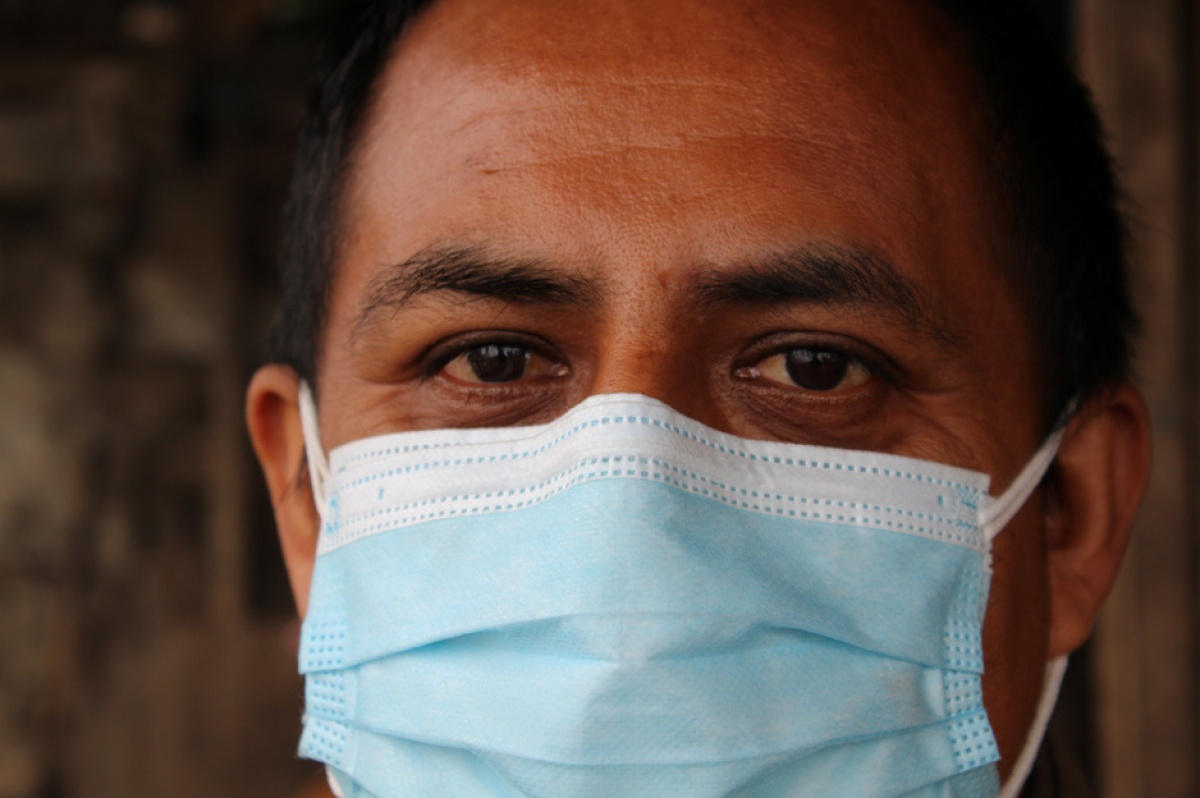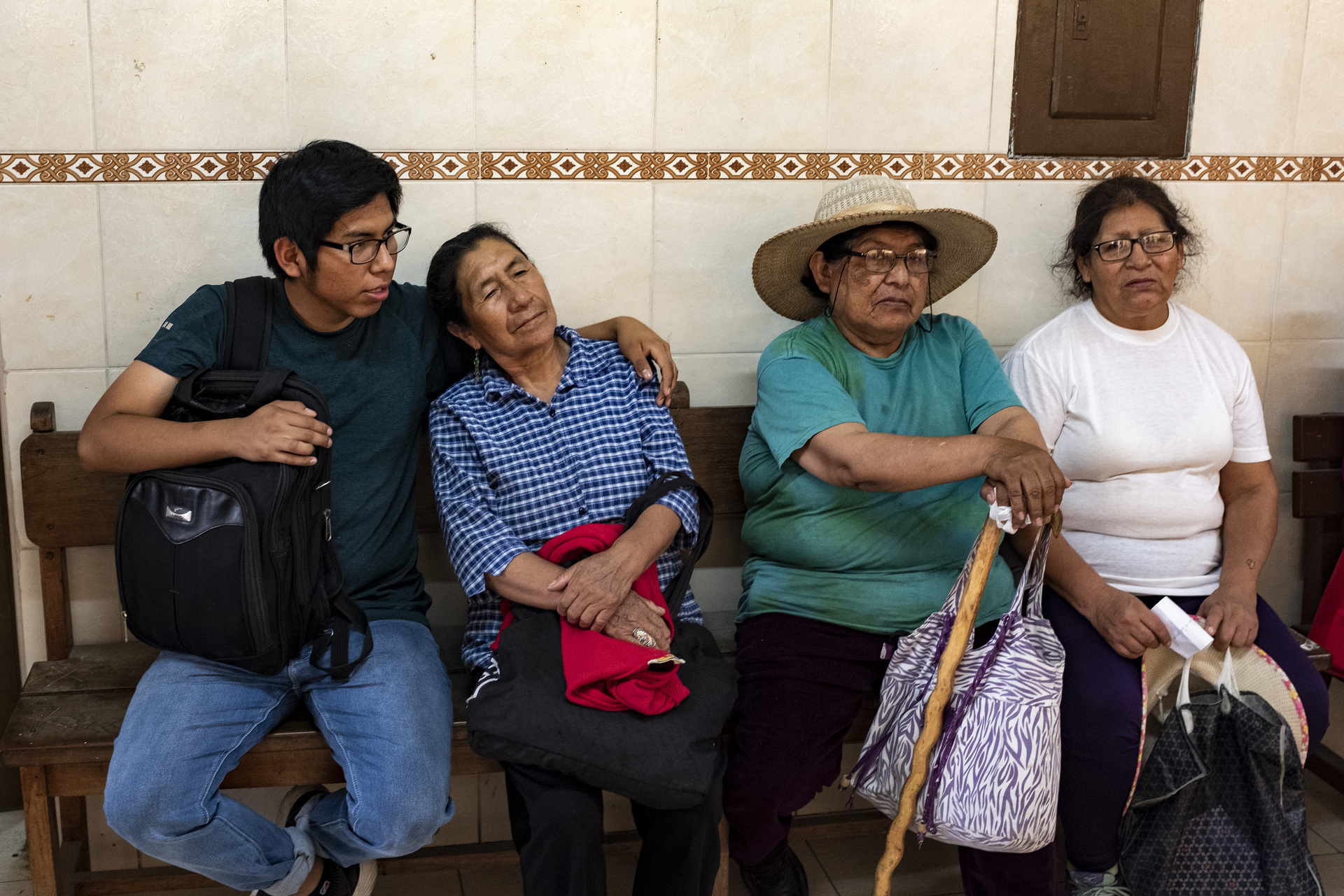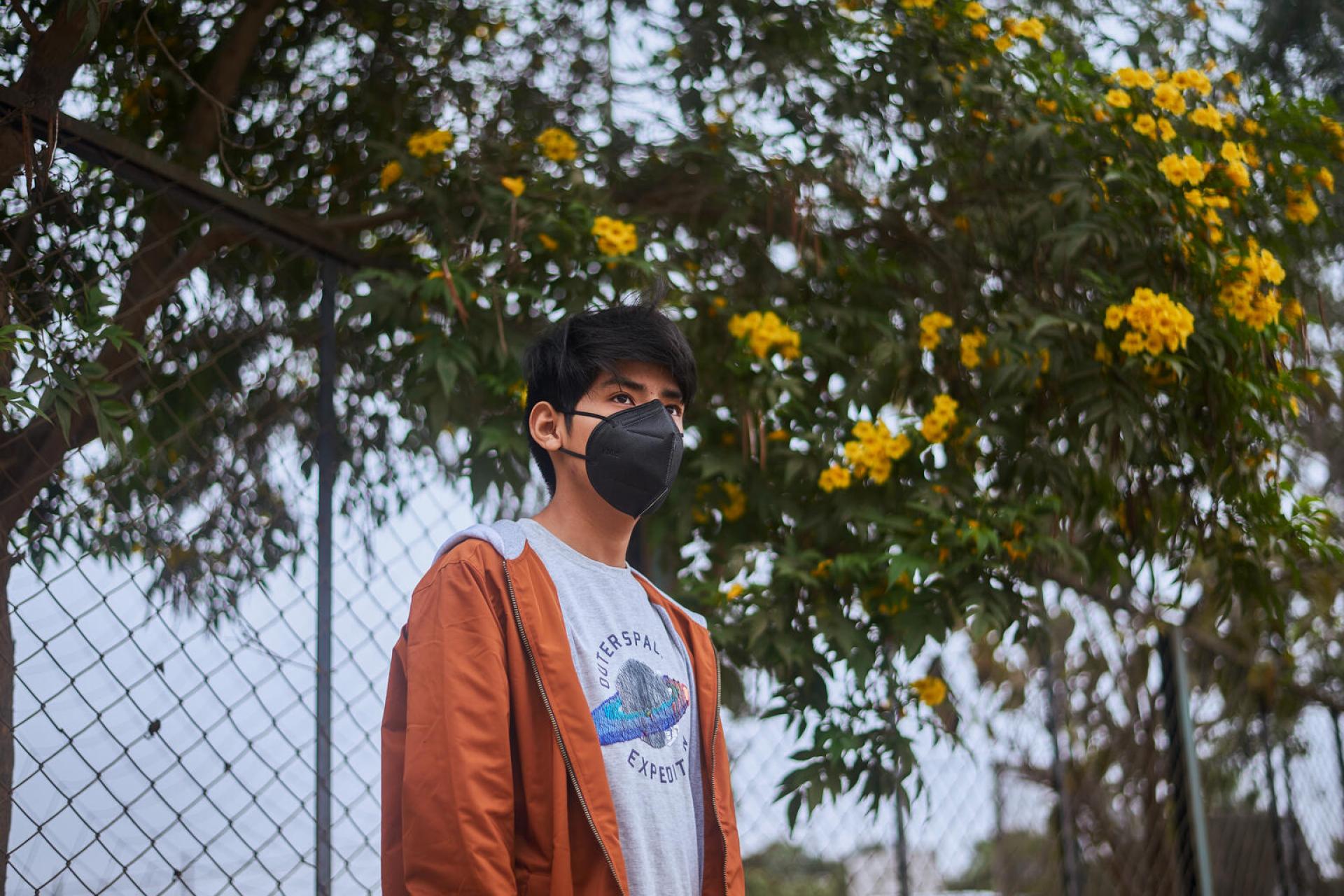Team helps patients manage depression through ongoing care, support
Content warning: This story contains brief, general mention of suicidal ideation.
The taxis are gone, again.
But it isn’t the first time that Gábriel* has shown up to an empty lot. As one of dozens of motorcycle taxi drivers in San Juan de Lurigancho, an impoverished community just 8 miles northeast of Lima, he knows that motorcycle rentals are in high demand.
It’s why, each morning, he wakes up at 4 a.m. and rushes to the lot, where he must compete with several other drivers for a limited number of motorcycles. It’s always a first-come, first-serve basis. Some days, he’s just minutes too late. And it takes a toll.
“If I don’t work today, tomorrow we have no income,” he says. “That worries me every day because there are days when I don’t manage to rent the motorcycle taxi and I get frustrated…then, at that moment, is when negative thoughts invade my mind and I feel that I can’t take it anymore.”
He has dealt with negative thoughts, connected to his depression, for years. But as COVID-19 swept across San Juan de Lurigancho, leaving him unemployed and struggling to put food on the table, Gábriel could feel his depression deepening. There were days when he didn’t want to live.
But even in his darkest moments, he wasn’t alone. His wife, María*, saw the warning signs. And she knew where to get help.
Read the full story on Partners in Health's website.









